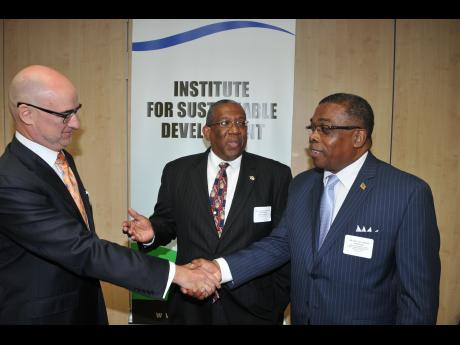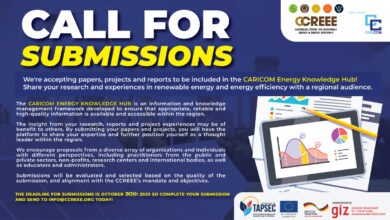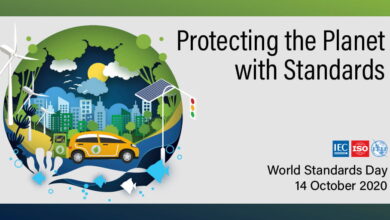Basseterre, St. Kitts, July 01, 2016 (SKNIS): Minister of Public Infrastructure, Post, Urban Development and Transport, Honourable Ian Patches Liburd, told energy stakeholders that the energy sector is vital to sustainable development within the CARICOM (Caribbean Community).
Speaking at an energy conference on June 1 held at the University of the West Indies, Mona Campus, under the theme “Leveraging the Sustainable Development Goals for an Energy-secure Caribbean” Minister Liburd said that “as countries in the Caribbean region, we face a common challenge in that we are heavily dependent upon the use of fossil-fuel oil to generate electricity, while highlighting that “reducing fossil fuel costs must be a priority for the Caribbean region.”
In quoting US Secretary of State John Kerry as saying that “energy is the market of the future”, Minister Liburd said that the energy sector will determine our future.
“We must provide incentives for industry and public education to help in encouraging energy efficiency and in moving towards low carbon growth and growth that is equitable for developing countries like ours in the Caribbean Region,” Minister Liburd said.
In an age of climate-change, largely as a result of greenhouse gas emissions from fossil fuels, CARICOM is on the move to develop a regional approach to ensuring a secure and efficient energy future for its member states.
The Caribbean Sustainable Energy Roadmap and Strategy (C-SERMS) 2015 Baseline Report and Assessment speaks to the importance of the energy sector in sustainable development within CARICOM.
Part of the Report with respect to Small Island Developing States (SIDS) outlines:
The Caribbean region stands at a crossroads, faced with several critical challenges associated with the generation, distribution, and use of energy. Despite the availability of tremendous domestic renewable energy resources, the region remains disproportionately dependent on imported fossil fuels, which exposes it to volatile oil prices, limits economic development, and degrades local natural resources. This ongoing import dependence also fails to establish a precedent for global action to mitigate the long-term consequences of climate change, which pose a particularly acute threat to small-island states and low lying coastal nations. While onerous, these shared challenges are far outweighed by the region’s tremendous potential for sustainable energy solutions. By acting on this potential, the Caribbean can assume a leading role in the global effort to combat climate change while promoting sustainable regional economic and societal development. Representing a geographically, culturally, and economically diverse cross-section of the region, the Caribbean Community (CARICOM) provides the ideal platform to construct the legislative and regulatory frameworks necessary to achieve this transition. CARICOM represents 15 diverse member states: Antigua and Barbuda, The Bahamas, Barbados, Belize, Dominica, Grenada, Guyana, Haiti, Jamaica, Montserrat, Saint Lucia, St. Kitts and Nevis, St. Vincent and the Grenadines, Suriname, and Trinidad and Tobago. Although these states vary widely, they face many common energy challenges.







